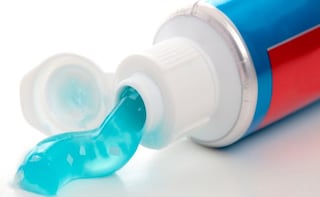According to the World Health Organisation, antibiotic resistance is one of the biggest threats to global public health. A growing number of serious infections of such as pneumonia, tuberculosis, and gonorrhea are becoming harder to treat as the antibiotics used to treat them become less effective. Antibiotics are medicines that are used treat bacterial infections.
Advertisement
For the latest food news, health tips and recipes, like us on Facebook or follow us on Twitter and YouTube.
Advertisement
